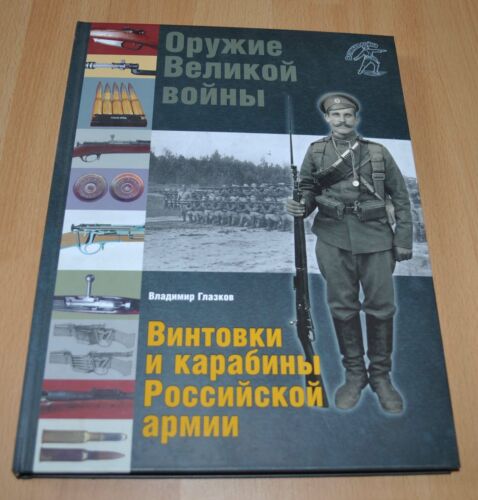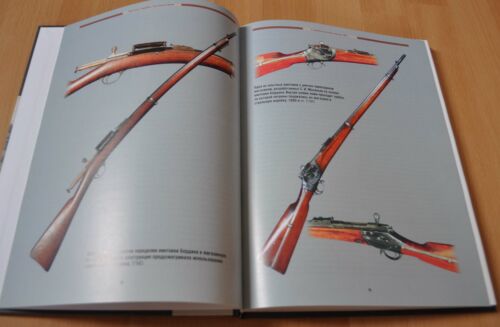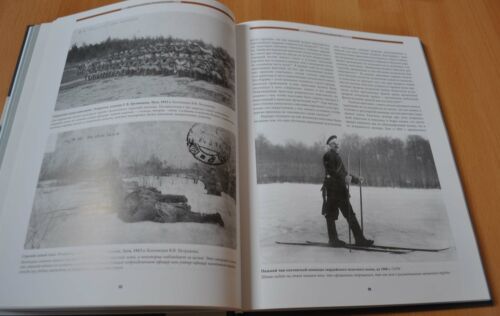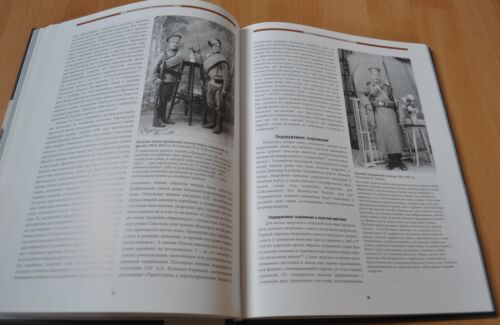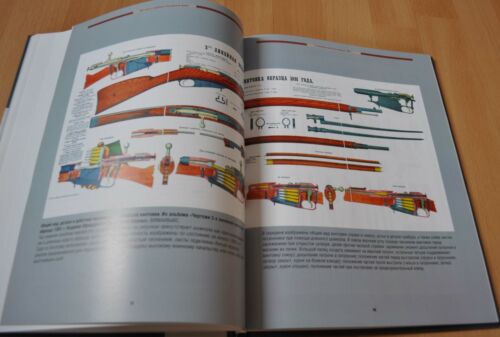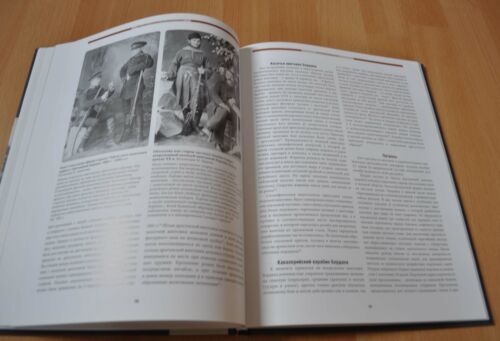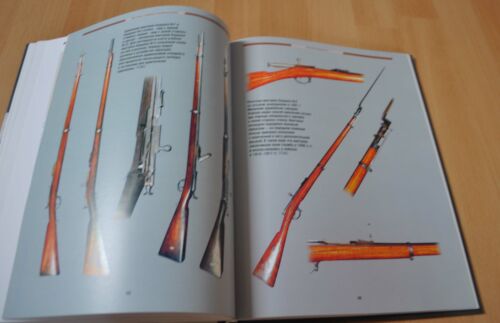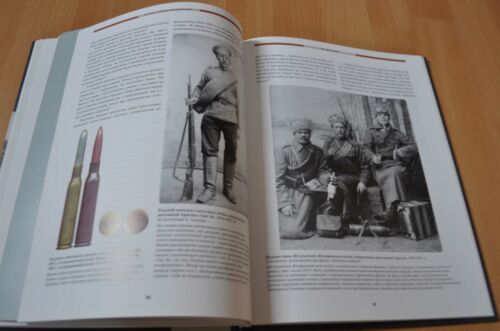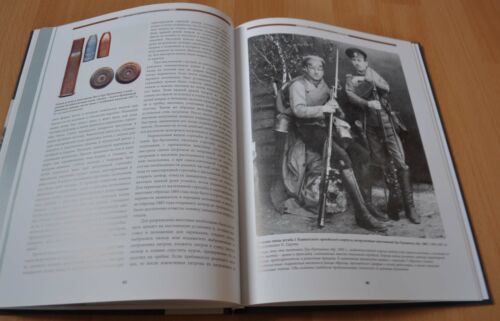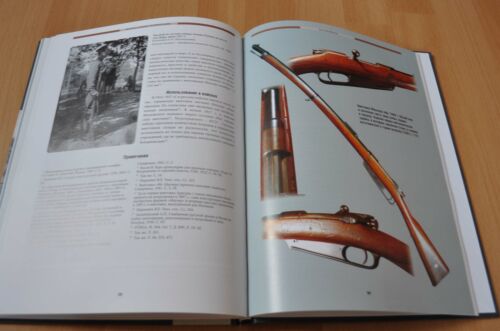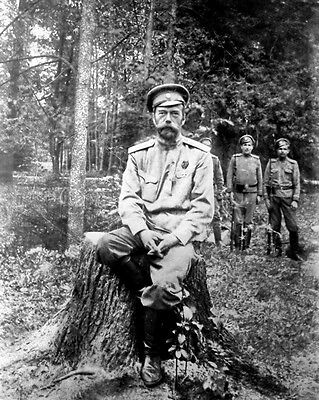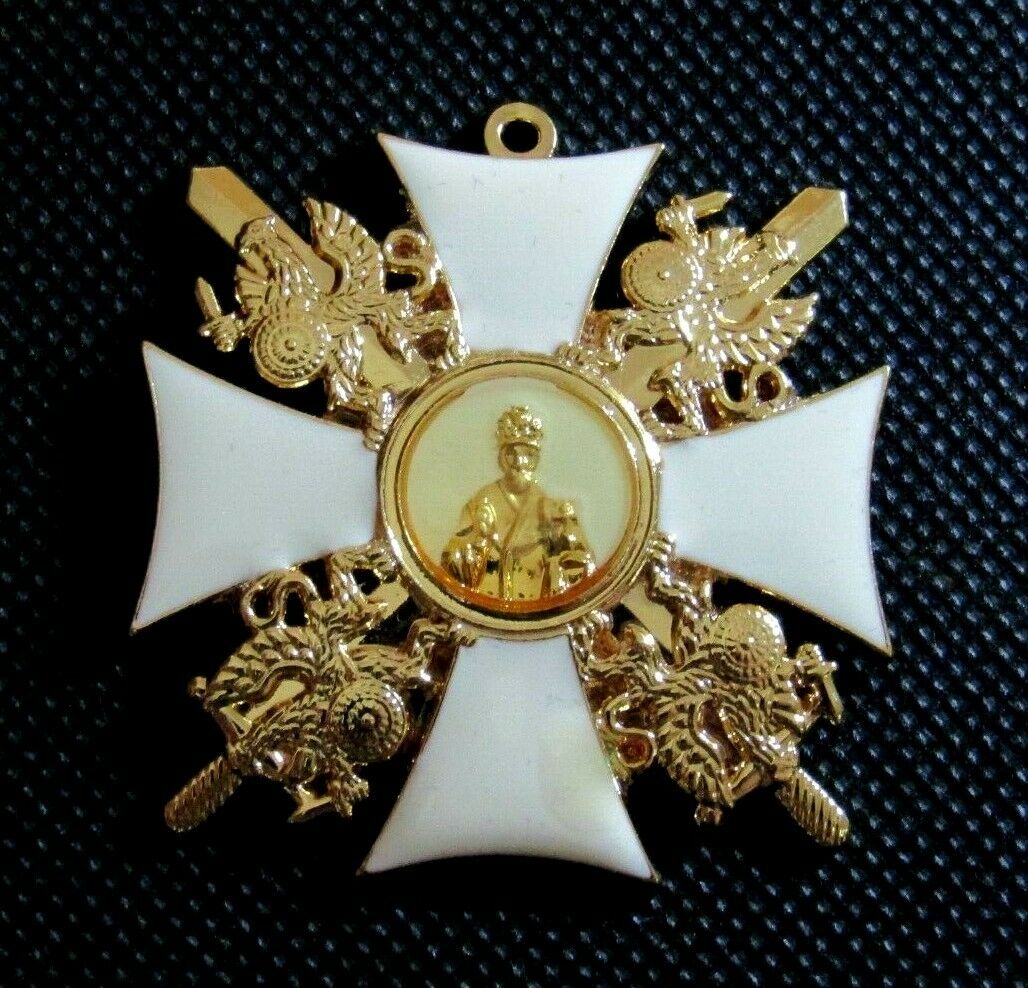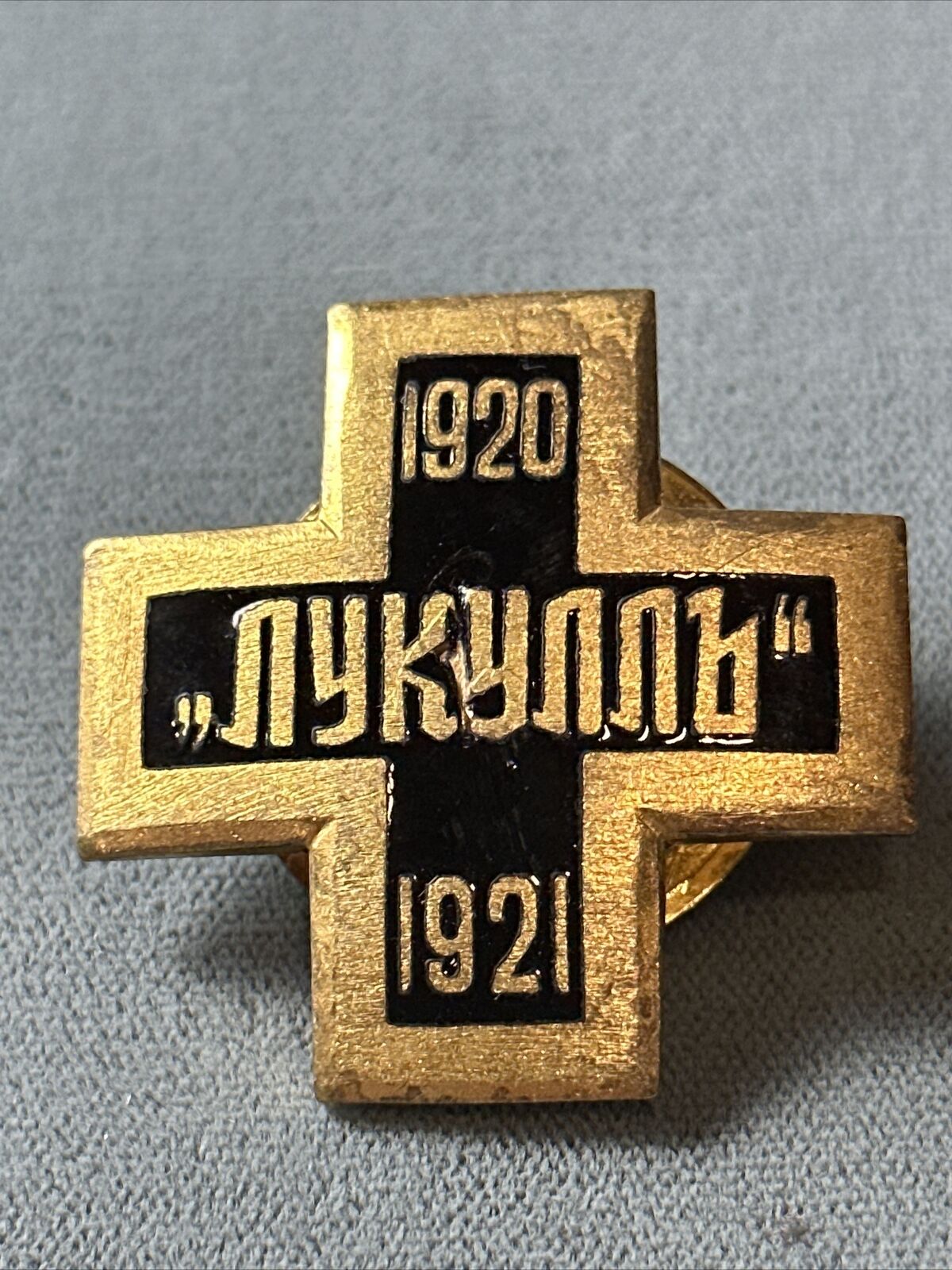-40%
Rifles and carbines in Russian Red Army in Great War
$ 34.31
- Description
- Size Guide
Description
Dear friends!To save you from visiting customs, we can send books and brochures from the territory of the EU by prior arrangement. This applies to letters weighing more than 1 kilogram. As always, we send by airmail. There may be a slight delay in a few days to form a batch of letters.
This book can be in stock or will be ordered from the supplier. If the book is ordered from the supplier, it will be sent by mail within a couple of weeks.
Original book, 220 pages
, A4+, 2015
Payment through Paypal.
C
ondition in the image
.
Mail service with the number for tracking. All very well packaged.
When purchasing multiple items, the postage will be combined.
If you are interested in a combined payment, please do not pay immediately, buy a few items and ask for the bill
Up to 500 grams (one pound) – $ 9
Up to 1 kg (2.5 lbs) – $ 14
Up to 2 kg (5 lbs) – $ 22 is the maximum cost of delivery. The greater the weight, the seller compensates for its own account.
The book opens a series on the armament of the Russian army during the First world war. It describes the rifles and carbines used in the Russian army in 1914-1917. For each sample, a brief history of its creation and adoption, as well as the main changes that the system was subjected to in the course of its release. It is told in detail about the use of weapons in the army, its advantages and disadvantages in the eyes of contemporaries. In addition, the book describes a number of experimental models of weapons that have not entered the army, without which the reader’s idea of the level of development of Russian weapons and technical thought of the early XX century would be incomplete.
In writing the book widely used materials of archival collections, as well as published sources of the early XX century, mainly special and technical literature, today is a rarity. The book is provided with extensive illustrative material from both archival and Museum collections and private collections. Much of the information contained in the book is published for the first time.
